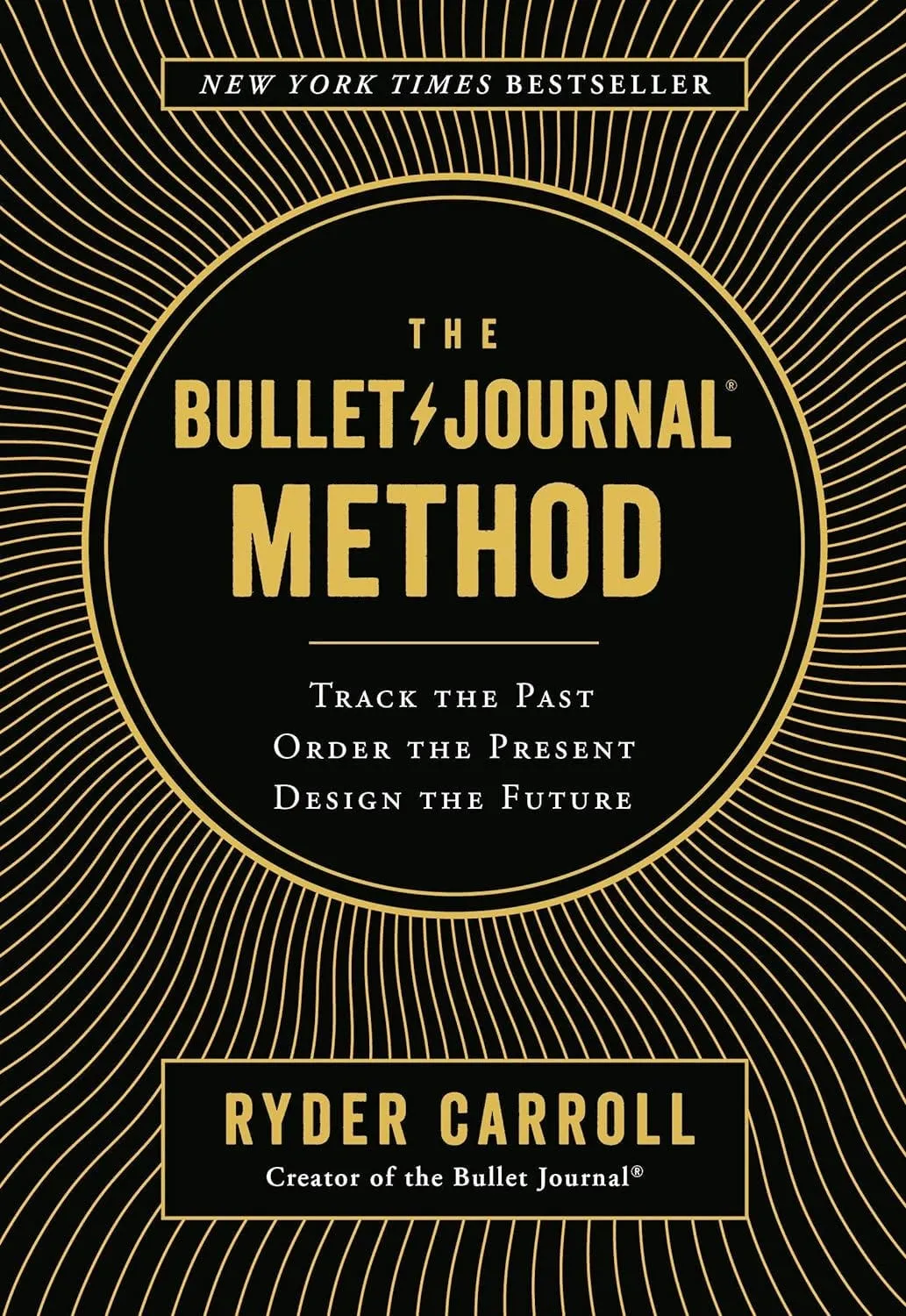Part of an ongoing series on how to use supplement and behavior-based plans to treat common maladies. To read the detailed supplement plans, order supplements, or download the patient resource sheets, go here to create a free patient account at Fullscript by entering your name and email address: Dr. Mark McDonald’s Fullscript dispensary

January is the best month to set a new course for the year. Motivation is high. The distraction of a succession of holidays is behind us. A clear path of four months of uninterrupted routine and the opportunity to establish good habits is ahead.
Unfortunately, most New Year’s resolutions fail.
They fail for several reasons, chief among them inadequate planning and lack of accountability. A burst of passion and energy in early January rapidly dissipates and devolves into a shapeless puddle of abdication and procrastination come February.
A couple of years ago I discovered a powerful tool to raise the odds of accomplishing goals, whether New Year’s resolutions or a more modest plan for the week.
It’s called the Bullet Journal Method. It requires a few hours upfront to learn and about 15 minutes a day after that to maintain. The payoff is both a significant gain in productivity and a remarkable increase in accomplishment.
The Bullet Journal Method was popularized by Ryder Carroll, who published a book describing the method, with a website dedicated to popularizing it. The method goes way beyond the common checklist technique of task management. It incorporates a philosophy that guides you in allocating time, starting with a striking observation: Most people focus on how to fill their day with as many tasks as possible, rather than starting with the goal of eliminating every unnecessary task. Our first task, then, is to clear out all the tasks we can live without. After cleaning the slate, various simple yet effective methods of establishing accountability are introduced. Accountability is strengthened by daily, weekly, monthly, and yearly reviews that include critical assessments of what was accomplished, what wasn’t, and what should be retained for the future vs eliminated entirely.
The endgame of the Bullet Journal Method isn’t necessarily achieving goals but rather achieving freedom.
I frequently emphasize the importance and power of clarity in thought and decision-making. If you can think clearly, you are much more likely to act clearly. The Bullet Journal Method distills the convoluted mess of organizing one’s life into a much simpler process, using a laser-sharp focus. The addition of accountability tools then allows the clear actions to be maintained, so benefits continue to accrue day after day, week after week, and month after month. I have never come across a system as refined, accessible, and fertile in yield.
There is something else admirable in Ryder Carroll’s approach: It only uses pen and paper. He advocates for disengagement from electronic devices to promote psychological well-being. I fully agree.
Strike now when motivation is high. It’s a new year. There is no better time to chart a new course, one that will allow you to look back next December and say, “I don’t know how I lived without this all these years.”








Member discussion